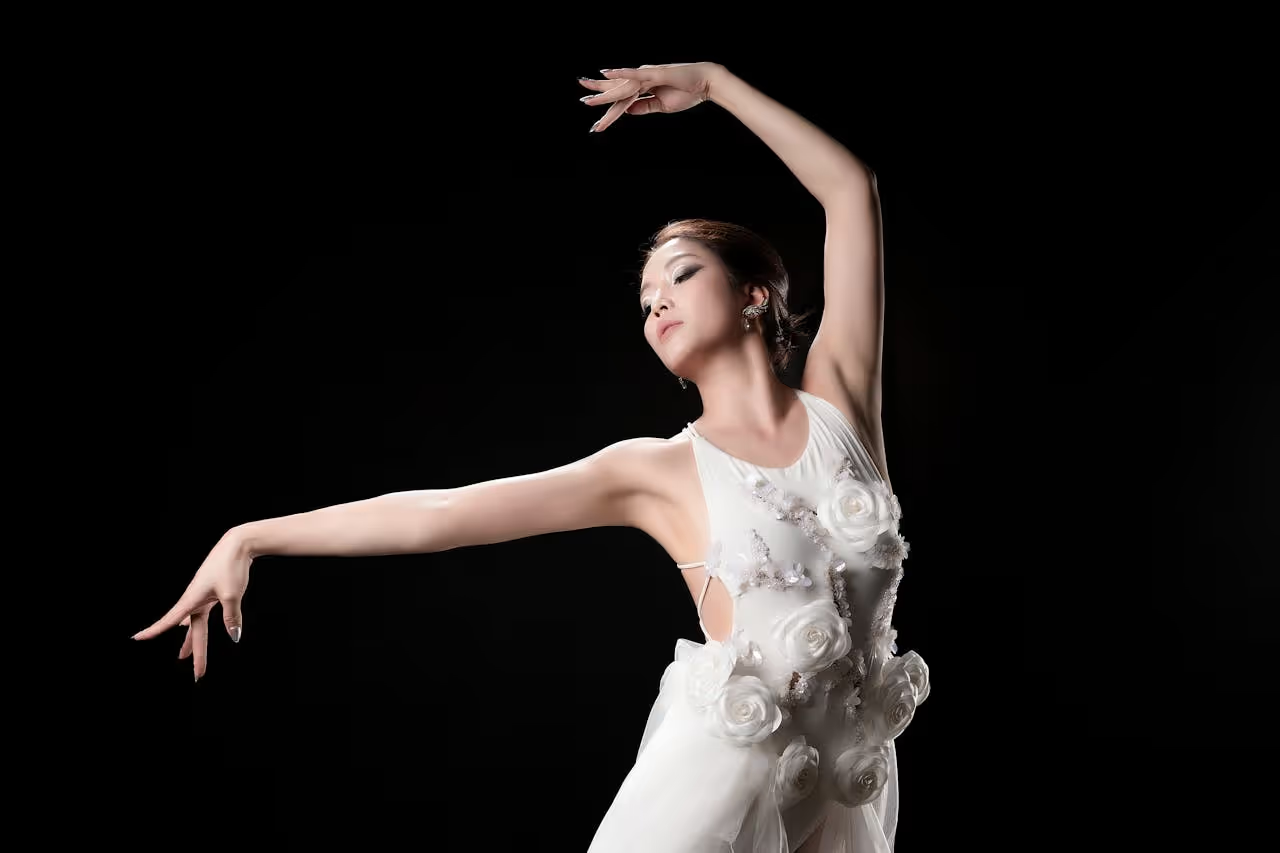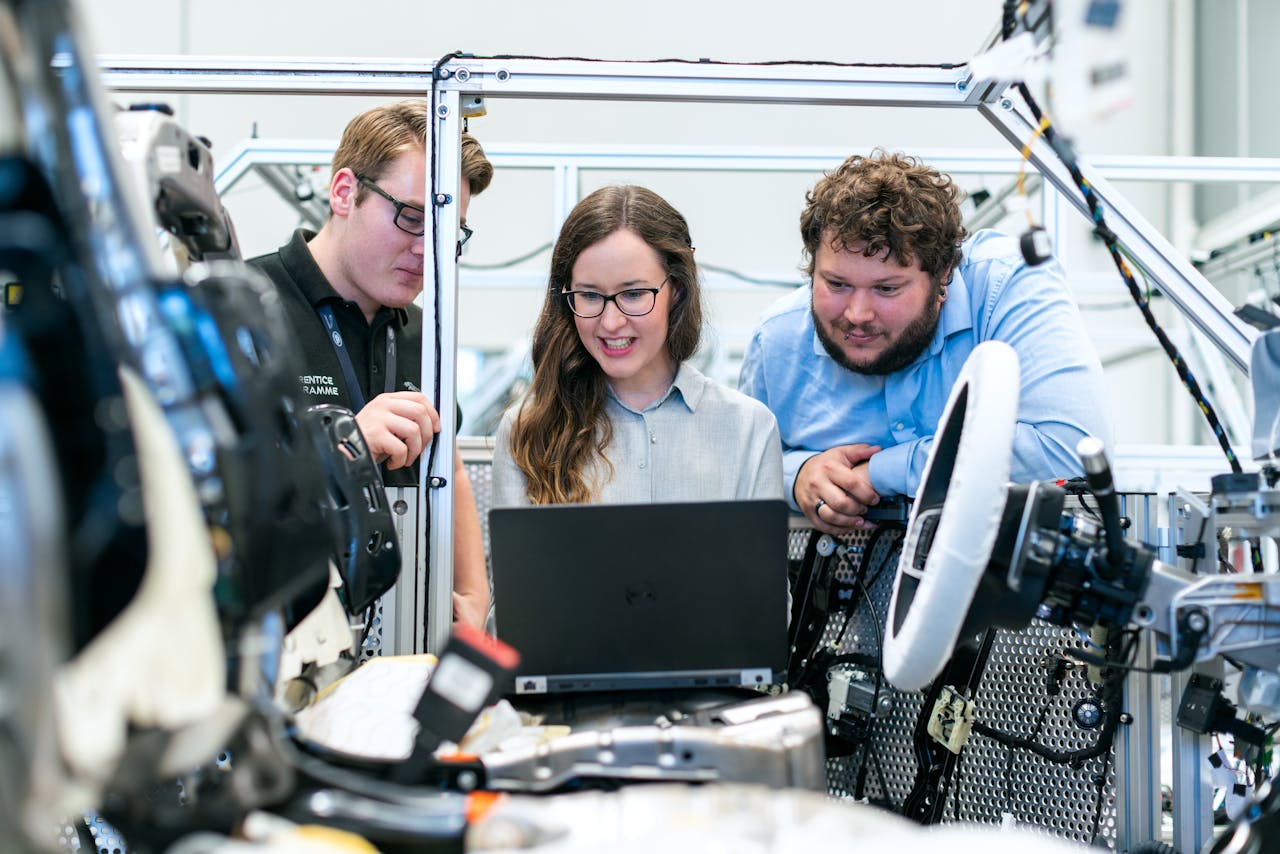Exploring Unique College Activities That Go Beyond Traditional Sports
When you think of campus life, you might picture football games, intramural leagues, or late-night study sessions. But more students are embracing non-traditional campus activities—like rock climbing, dance classes, and martial arts training—to stay active, reduce stress, and build community. These alternative fitness options are gaining popularity in student wellness initiatives across colleges in the U.S.
Whether you're new to fitness or looking for something beyond the gym grind, these engaging and physically challenging pursuits offer a fun way to stay fit, meet like-minded students, and explore new talents.
Rock Climbing on Campus: A Rising Trend in Student Recreation
Campus rock climbing has exploded in popularity as part of university recreation programs. Indoor climbing walls and bouldering caves are now common features in student recreation centers across the country. Schools recognize the mental and physical benefits this intense full-body workout brings.
Some reasons rock climbing is gaining traction on campus:
- Develops physical strength, endurance, and flexibility.
- Boosts mental focus, problem-solving, and confidence.
- Encourages risk-taking in a controlled, safe space.
- Builds community through climbing clubs and group outings.
Plus, you don’t need experience to start. Many universities offer equipment rentals, climbing certifications, and introductory classes. This growing activity is now part of orientation events, wellness programming, and even adventure leadership courses.
Campus Dance Programs: Creativity Meets Physical Fitness
Dance is more than just a performance art. On today’s campuses, it’s also a powerful form of self-care, movement, and expression. From hip-hop and jazz to modern, ballet, or culturally rooted styles like salsa or bhangra, dance classes are everywhere in university life.
Why dance is a top wellness activity among students:
- Improves cardiovascular health and coordination.
- Boosts mood and stress reduction through rhythmic movement.
- Creates strong social connections through team rehearsals and performances.
- Enhances cultural awareness and appreciation.
Student-run dance groups and campus-wide showcases are excellent entry points. Many colleges even allow non-majors to join academic dance programs or use elective credits to explore these courses.
Martial Arts in College: Discipline, Fitness, and Mindfulness
Martial arts programs are growing on U.S. campuses, and for good reason. They blend rigorous physical training with mental discipline, cultural history, and practical self-defense. Whether it’s taekwondo, Brazilian jiu-jitsu, muay thai, or krav maga, students from all fitness levels can take part.
Key benefits of campus martial arts programs include:
- Improved strength, flexibility, and stamina.
- Boosted self-confidence and awareness through self-defense skills.
- Deepened focus and mental clarity through traditional practices.
- A sense of inclusion through belt systems and coach-led goal setting.
Many universities offer martial arts as part of their physical education curriculum or through campus clubs. Many clubs also compete at regional or national tournaments, offering recognition and experience beyond the classroom.
Why Choose Non-Traditional Activities Over Traditional Campus Sports?
Not everyone connects with team sports or the gym environment. That’s where rock climbing, dance, and martial arts fill a growing demand:
- They focus on individual progress instead of competition.
- Accessible to all fitness levels, from beginner to advanced.
- Low pressure environments with supportive peer interaction.
- Offer mental health benefits like confidence, stress relief, and mindfulness.
These activities are also gender-inclusive, culturally diverse, and adaptable for people with different goals—whether that’s functional fitness, making friends, or personal growth.
How to Get Started with Non-Traditional Campus Fitness Activities
You don’t need to be an athlete or have prior training to begin. Here’s how you can explore these programs:
- Visit your college’s recreation center or student activity board.
- Search for interest clubs like climbing teams, dance crews, or martial arts societies.
- Sign up for beginner-level sessions to test out your interest.
- Talk with instructors or peers to ask about basic gear or attire.
- Stay consistent. Progress and enjoyment build over time.
You’ll likely find that these programs offer flexibility in scheduling and are designed to welcome all students. Many have no long-term commitment, letting you explore multiple interests.
Frequently Asked Questions About College Rock Climbing, Dance, and Martial Arts
Do most colleges offer rock climbing walls?
Many mid to large universities have indoor rock climbing walls as part of their recreation centers. These can include bouldering caves, top-rope systems, and automated belays. Smaller schools might partner with local gyms to offer student discounts.
Can beginners join a martial arts club on campus?
Yes. Most martial arts clubs welcome beginners and offer structured teaching for all experience levels. Some clubs provide loaner uniforms and belts so you can try it before committing financially.
Is dance only open to performing arts students?
Not at all. Dance classes and groups are usually open to all students, regardless of major. You can join recreational teams, cultural dance clubs, and even academic courses without performance experience.
What are the benefits of joining non-traditional fitness groups in college?
These groups promote physical wellness, mental clarity, and social connection. They offer inclusive, non-competitive spaces to grow your confidence, try new challenges, and develop lifelong skills in teamwork, discipline, and self-expression.










.svg)



